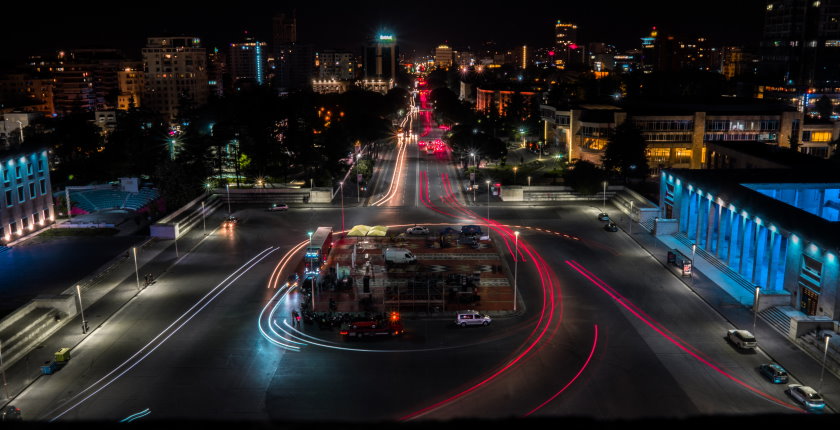
Albanian government officials called on citizens to save electricity and fuel to ease the financial burden from imports. The Balkan country is in a state of energy emergency since October. It has been heavily impacted by the energy crisis as almost all its domestic power production comes from hydropower plants. Currently there is a lack of water even though the facilities should start working at full scale at this time of the year.
There has been no rain and low temperatures are preventing the ice in the mountains from melting. Minister of Infrastructure and Energy Belinda Balluku said domestic demand for power exceeded output. It means Albania must turn to imports at a time when electricity prices are skyhigh.
Lights out at midnight
The levels of water in reservoirs at the river Drin (Drim), where the three largest hydroelectric plants are located, have been dropping, especially at the Fierza facility. Only two hydropower plants are still working there, according to Balluku.
The government said public institutions including schools would remain closed today ahead of tomorrow’s national holiday and ordered public lights to be turned off at midnight. In addition, there will be no lighting on several main roads in Albania and municipal authorities have been instructed to save power.
“We will need to consume as little energy as possible, so as not to run out of it,” Balluku pointed out and said the government would protect households and small businesses. She promised there would be no rise in power prices, but that citizens must understand they must save.
New subsidies for public transportation
The minister earlier said the oil tax wouldn’t be abolished. On the other hand, the government earmarked EUR 4.1 million for public transportation to avoid a rise in fares. Balluku urged citizens against driving to get bread and other groceries.
State-owned power producer KESH revealed last month it would take a floating thermal power plant on lease from Excelerate Energy from the United States and Renco from Italy. Projects for wind and solar power plants are slow.
A spike in market-based electricity prices combined with droughts resulted in record imports of just over EUR 285 million last year.
The local media reported that police detained protesters and used violent force last week in Tirana as citizens gathered to voice discontent against a 50% rise in fuel prices and a surge in food prices.